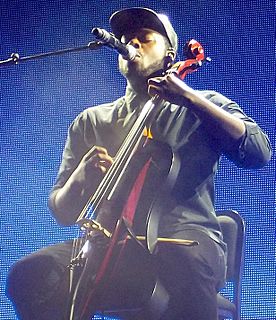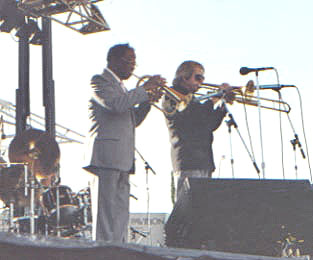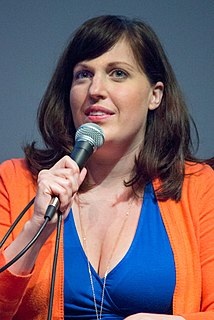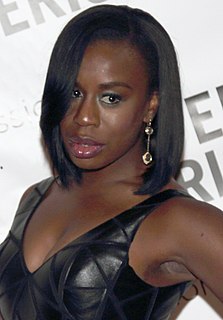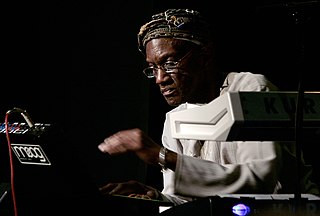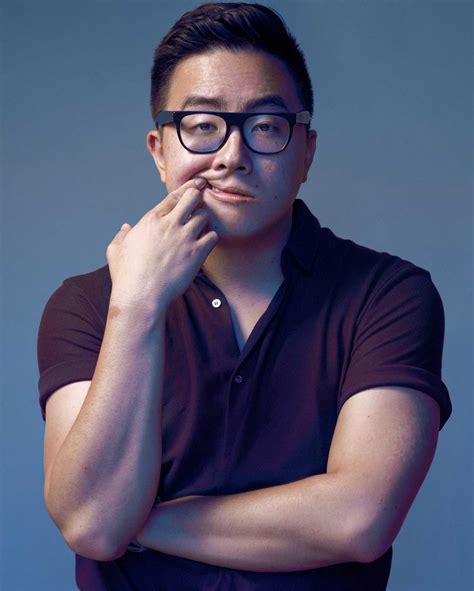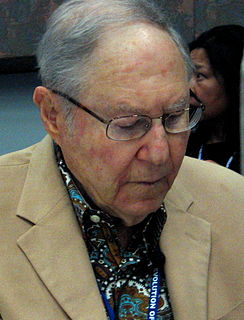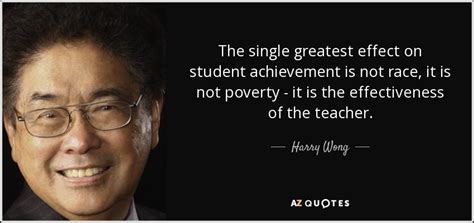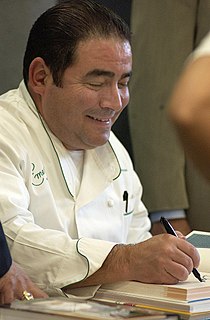A Quote by Kevin Olusola
Yeah, I would go to New England Conservatory a lot. My orchestra teacher ran a program for minority students there.
Related Quotes
I studied physics at Princeton when I was a college student, and my initial intention was to major in it but to also be a writer. What I discovered, because it was a very high-powered physics program with its own fusion reactor, was that to keep up with my fellow students in that program I would need to dedicate myself to math and physics all the time and let writing go. And I couldn't let writing go, so I let physics go and became a science fan and a storyteller.
Students never think it can be the teacher's fault and so I thought I was stupid. I was frustrated and would come home and cry because I couldn't do it. Then we got a new teacher who made math accessible. That made all the difference and I learned that it's how you present it that makes it scary or friendly.
